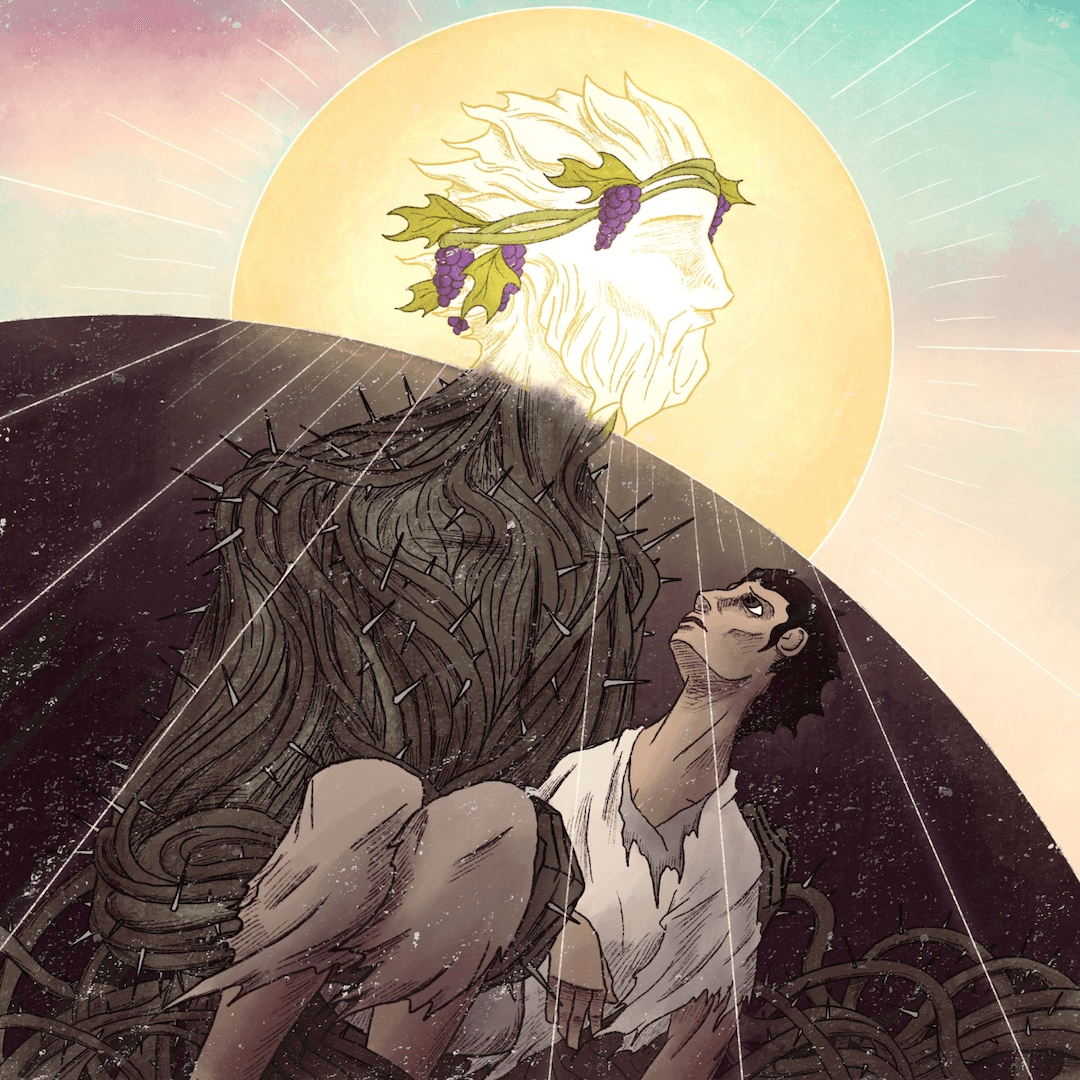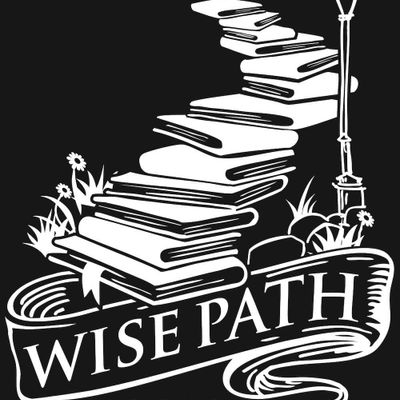
2 Corinthians 4:17-18, ‘…this light and momentary affliction is preparing for us an eternal weight of glory beyond all comparison, as we look not to the things that are seen, but to the things that are unseen.’
Paul does not say that our afflictions in this life will *give way* to glory, but that our afflictions are *preparing* glory. For the one in Christ, the myriad thorns of this life are not simply trials through which we need to pass, they themselves are employed by the grace of the sovereign God to function as servants of our joy, harrows tearing the soil so that seeds of glory might be planted and brought, in time, to fruitful harvest.
Note that afflictions achieve glory *as we look* to what is unseen. That is, afflictions achieve glory in those who live out of the desperate dependence of faith; those who looked to and hope in what is unseen (and often unfelt) rather than what is seen before the eyes (or felt in the heart and flesh). But what is this unseen reality that we are to ‘look to’ such that afflictions become servants of glory?
The answer is in v. 7-15, namely, the Crucified Jesus Christ who is Risen in glory, never to die again. HE is the ‘things which are unseen’ upon whom we are to look in our affliction. And as we do, we will find that these same afflictions are servants of our glory in Him.
How does that work? Consider what we see when we look by faith upon the Risen Christ: we see in Him the wounds of our afflictions—the same afflictions under which we are suffering—now transfigured to heralds of peace, joy (Jn 20:19-20), glory, and blessing (Lk.24:39, 50). We see the thorns of *this particular affliction* borne in Christ’s death, and so turned by His resurrection to the green cypress and flowering myrtle and fruitful vine of everlasting blessedness (Is.55:3). Indeed, from the vantage point of faith, we may even recognize the afflictions themselves—as borne in and so defined by the anastasiform Christ—as the everlasting arms of our Shepherd, carrying us with sovereign purpose through all our stumblings, tears, and death into the Land of the Living—which is Himself.









































































